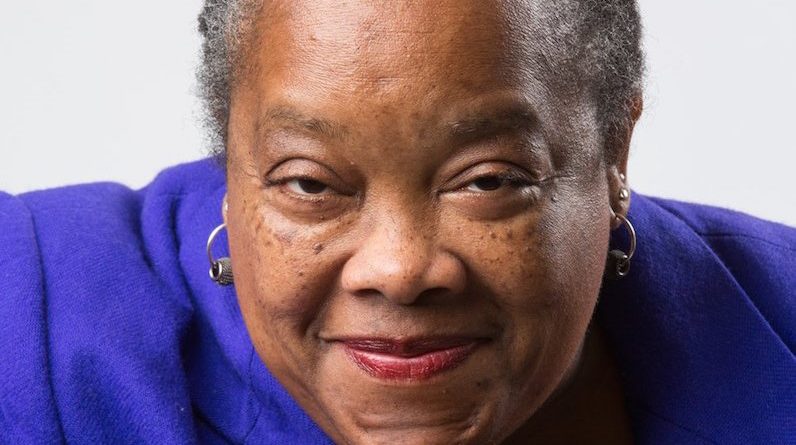Justice as a Gospel Mandate by Valerie Bridgeman
“Jesus AND Justice.” Bishop Yvette Flunder, the presiding prelate for The Fellowship of Affirming Ministries (TFAM), uses this phrase over and over as she encourages, prods, and pushes members of TFAM to be “in the streets,” active on all the fronts where injustices are entrenched in our country and around the world. As a member of the Council of Bishops and Faith Leaders for TFAM, I feel particularly called to monitor whether I am on the frontlines helping to shape a just world as an act of faith. We have to be vigilant because, as the late Martin Luther King, Jr., who was murdered while he stood on the balcony of the Lorraine Motel in Memphis 50 years ago, said: “injustice anywhere is a threat to justice everywhere.”
This week, I have been tasked to address topically “Justice as a Gospel Mandate.” In the intervening weeks since I took this assignment, the growing number of issues that keep swirling in our U.S. society and in the world has made me grow sadder by the day. “Justice warriors,” I have been told, “don’t have time to be tired or sad.” The friend who said these words to me means well. She does. We have been “on the battlefield for our Lord” together for many years. Or, to quote the often-quoted Ella Baker, “we who believe in freedom cannot rest until it comes.” I’ve been shaped by phrases like the one I regularly heard from my daddy, a holiness preacher: “I’d rather run out than rust out,” by which he meant “soldiers” must always be busy and working “for my Lord.” As I look at my calendar and commitments, I know that I’ve lived by such mantras, if sometimes unconsciously.
I start with these acknowledgements because as I was trying to decide on what to write, more unarmed black men have been shot in recent months; trans* people have been murdered at an alarming rate; poverty seems to be on a rampage; I have attended to the care of several people who have no healthcare insurance because they can’t afford it, who have become very ill. This is just to name a very few of the justice concerns I have personally encountered. I also am thinking about how, as a theologian and educator, I participate in shaping the church for this work.
I recently heard a sermon in which the preacher argued that “progressive” and “liberal” Christians don’t have a spirituality that’s tied to the gospel, to Jesus. The preacher argued that social justice is “horizontal” work and has no “heart” or “vertical” connection. It’s “good works” but not gospel work. As someone who prays daily and seeks spiritual guidance through my Christian faith, and as someone who might be labeled “progressive” or “liberal,” I resist and reject the premise of the sermon. The gospel is not primarily about “personal salvation” and “personal experiences with Jesus,” which was the premise of the sermon. I came to my Christian faith in a conservative and loving congregation who would agree with that preacher. My now nearly 50 years as a Christian is deeply personal, deeply communal, and deeply cosmic. The Good News is for all creation. We are Christian in community with all creation. It’s more than personal, or it’s not gospel. And I found myself quoting the book of James: “I will show you my faith by what I do in response to it” (my translation of James 2:18b).
This week, I plan to reflect on medical care, healing, and social networks and safety nets for the sake of the gospel. I also will reflect on racism as antithetical to the gospel and how we might address it beyond simply raging against the systems. We will think together about poverty in one of the wealthiest nations that ever existed. I believe it’s a mandate.
Valerie Bridgeman is Interim Dean of Methodist Theological School in Ohio (MTSO), where she serves as Associate Professor of Homiletics and Hebrew Bible. She also is president and CEO of the non-profit organization, WomanPreach! Inc., which trains preachers in prophetic preaching especially attending to Womanist and Feminist concerns.

